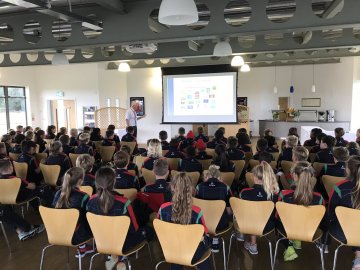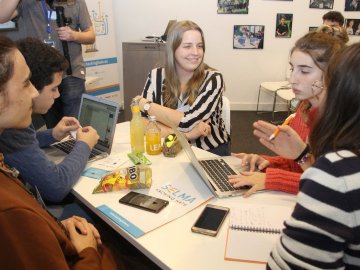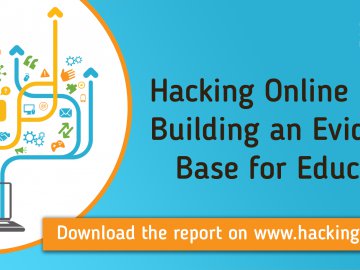The term hate speech conjures up all kinds of thoughts that can be very different and personal to the individual, depending on their experiences. In our latest podcast, Gareth and Andrew try to explain this rather complicated area and discuss some of the strategies project SELMA provides. These resources are there to help empower young people to hack online hate.
It may seem fairly self-explanatory but the term ‘Hate Speech’ is not as straight forward as it might seem.
Hate speech covers a wide variety of content which can affect different people in different ways. In our work with children and adults, often the first thought that our focus groups have, is that hate speech means bullying. Whilst this bullying can be a component of hate speech, that’s not quite the whole picture.
Legally, if someone creates or shares content online that targets; race, ethnicity, gender, sexual orientation, age, religion and disability, and has the intent to hate, harass, threaten or provoke violence against specific individuals/groups, then this could be ‘Hate Speech’.
These core characteristics essentially make us who are. Despite this and with so many varying opinions towards what hate speech is, it can sometimes be difficult to fully define the term. The SELMA project research report explores this more.
All content that we engage with online can provoke a response, which can often come from our own personal experiences. After all, it is those previous experiences that define who we are. They guide our moral compasses, and decide how we respond to different stimuli. We can’t control our emotional responses and what we consider offensive is very much down to us. However, although one person could read online content and be completely unaffected and someone else could feel emotionally hurt and victimised, the law is clear. Whether the harm was intended or not, if the content is targeted at a protected characteristic and hateful, then it should be treated as hate speech.
Developing a strong sense of empathy is the key to understanding Hate Speech: being able to stand in someone else’s shoes and see the impact upon them is the first step forward. That’s why project SELMA focuses so much on Social and Emotional Intelligence.
SELMA Project
SELMA (Social and Emotional Learning for Mutual Awareness) is a project co-funded by the European Commission which aims to tackle the problem of online hate speech by promoting mutual awareness, tolerance, and respect.
The overall vision of the SELMA project is captured by its catchphrase: Hacking Hate. 'It builds upon a Social and Emotional Learning approach to empower young people to become agents of change; it helps them to better understand the phenomenon of online hate; it provides them with tools and strategies to act and make a difference.'
The website is broken down into resources and activities that can help increase awareness, knowledge and understanding of online hate speech and how young people can play an active role to prevent or counter it. SELMA does not intend to police "bad" online behaviour. Rather, it will nurture an environment where young people feel empowered to take action.
Given the complexities of hate speech, it’s probably best if you take a listen to our podcast, find out more about the background to project SELMA then access our free resources tackling hate speech.






